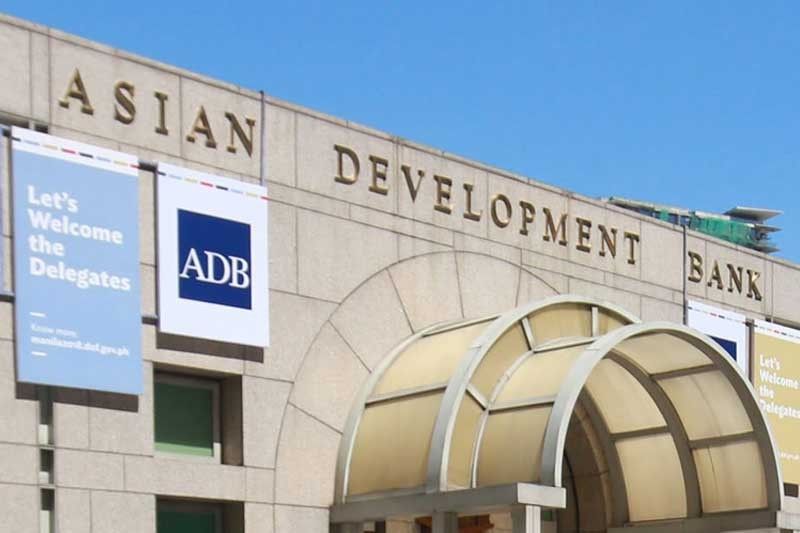MILAN: The Asian Development Bank (ADB) has expressed concern over rising tensions between Pakistan and India, warning that instability in the region could hinder economic growth and disproportionately impact the poor and vulnerable.
“We hope for peaceful resolutions in all regions, as conflict ultimately harms the most vulnerable populations,” said ADB President Masato Kanda in response to a question from Pakistani journalist, Aamir Ghauri, during a press briefing at ADB’s Annual Meeting in Milan.
While avoiding direct comment on political conflicts, Kanda stressed that ADB remains committed to supporting the region through economic cooperation.
The statement comes amid India’s decision to ban the import of goods originating from or transiting through Pakistan, as well as prohibiting Pakistani ships from docking at its ports. The move follows a deadly attack on tourists in the disputed Kashmir region, which has escalated tensions between the two nuclear-armed neighbours.
“ADB has supported peace and stability through economic cooperation, and we will continue to do that,” he said.
Responding to a question from The Express Tribune on the possibility of a reduced interest rate for Pakistan following its qualification for an International Monetary Fund (IMF) programme, he said, “We maintain an independent research team that evaluates all available data. We have a very good relationship with international organisations, but we apply our own analysis.”
When asked about the reduced growth forecast for Asia in 2026, Kanda acknowledged ADB’s modest projection of 4.7% growth for emerging Asia, attributing the cautious outlook to trade disruptions and uncertainty in financial markets. “There may be more impact not only from trade decrease but also instability in financial markets. It’s not clear at the moment,” he said.
On broader global challenges, Kanda described the current environment as possibly “the most difficult global environment since 194445,” as nationalism and trade fragmentation upend decades of progress driven by globalisation. He called for reforming the international financial architecture to better serve developing countries, emphasising the need to “upgrade the regime for the benefit of poor and vulnerable countries.” From New Delhi, a journalist from Mint asked what India and other emerging economies must do to catch up with developed nations by 2050. “Reforms to boost domestic demand, reduce inequality, and open up the economy are essential,” said the ADB president. He stressed the importance of private sector development to spur innovation and job creation, while urging governments to invest in high-quality infrastructure and human capital, including vocational training.
On the issue of migration and border controls in Western economies, and its effects on remittances Kanda noted, “Remittances are sometimes the largest source of foreign currency for many countries. This has enormous impact on the poor and vulnerable.” He added that, in principle, managed migration can be a “win-win” for global productivity if handled properly, though it remains a politically sensitive issue. –Agencies





